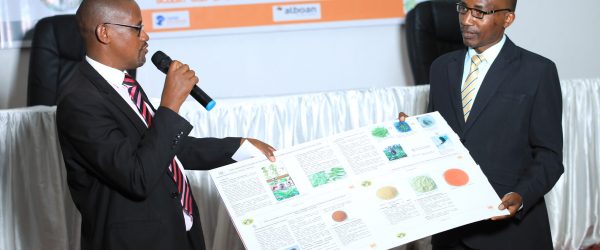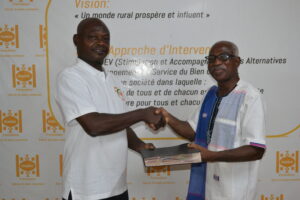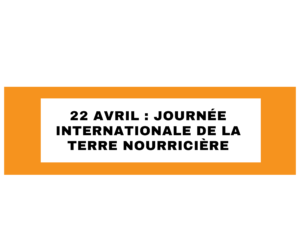Official handover and launch of technical data sheets on agroecological pesticides for pest control on maize, beans and cabbage.
 On Wednesday, August 23, 2023, Inades-Formation Burundi officially handed over the 6 data sheets on agroecological pesticides for pest control in corn (most attacked by caterpillars, beans (sovereignty living attacked e stock and field and cabbage (vegetable not yet research, alternative to cc, in marshes and on the hill), the means are the factors.
On Wednesday, August 23, 2023, Inades-Formation Burundi officially handed over the 6 data sheets on agroecological pesticides for pest control in corn (most attacked by caterpillars, beans (sovereignty living attacked e stock and field and cabbage (vegetable not yet research, alternative to cc, in marshes and on the hill), the means are the factors.
These crops are chosen for reasons of available funds and their current situation. On the one hand, the choice of the 3 crops was motivated by the limited funds available to carry out the more expensive action research. On the other hand, these crops are currently affected by pests, even though they are a staple of the family diet in Burundi. In the case of maize, it was the arrival of the invasive fall armyworm in Burundi in recent years that prompted the massive use of insecticides on this major crop, which was once produced with almost no synthetic chemical pesticides. As far as beans are concerned, not only are they one of Burundi’s staple crops, they are also attacked in the field and in storage. It is therefore important to carry out research into alternatives that guarantee healthy, sufficient and sustainable food for Burundian households. Finally, there is little research on vegetables. Cabbage cultivation plays a role in household resilience to climate change, as it is grown on both hills and marshes. It should not be forgotten that the use of biopesticides will gradually reduce agricultural producers’ dependence on inputs against pests, which are often very expensive.
![]()
 The ceremony also marked the launch of nationwide dissemination by the Ministry of the Environment, Agriculture and Livestock (MINEAGRIE) of six technical data sheets for use in pest control on the 3 crops mentioned above. They are: (1) Neem leaves (Azadirachta indica and Melia azedarach) for the management of armyworms in maize (2) Neem seed powder for the management of armyworms in maize (3) Tithonia extracts in the management of armyworm on maize (4) Neem extracts (Melia azedarach) against cabbage aphids (5) Laterite, limestone, kaolin and palm oil in the management of bean bruchids in stock (6) Laterite, limestone, kaolin and palm oil in the management of corn weevils in stock. Note that these sheets describe the pest in question, present the symptoms and damage caused, detail the management mechanisms for the identified pest, and define the preparation and application of agroecological pesticides.
The ceremony also marked the launch of nationwide dissemination by the Ministry of the Environment, Agriculture and Livestock (MINEAGRIE) of six technical data sheets for use in pest control on the 3 crops mentioned above. They are: (1) Neem leaves (Azadirachta indica and Melia azedarach) for the management of armyworms in maize (2) Neem seed powder for the management of armyworms in maize (3) Tithonia extracts in the management of armyworm on maize (4) Neem extracts (Melia azedarach) against cabbage aphids (5) Laterite, limestone, kaolin and palm oil in the management of bean bruchids in stock (6) Laterite, limestone, kaolin and palm oil in the management of corn weevils in stock. Note that these sheets describe the pest in question, present the symptoms and damage caused, detail the management mechanisms for the identified pest, and define the preparation and application of agroecological pesticides.
 All 17 Directors of the Provincial Environment, Agriculture and Livestock Offices (BPEAE) and 17 Provincial Training and Extension Officers received 3,330 copies for distribution in 121 communes and 375 zones throughout Burundi, and 360 copies for other participants. In addition to MINEAGRIE executives, international organizations (e.g. World Bank, Embassies of other countries, IFDC), civil society organizations and the media attended the event, part of the Conscience AlimenTERRE campaign.
All 17 Directors of the Provincial Environment, Agriculture and Livestock Offices (BPEAE) and 17 Provincial Training and Extension Officers received 3,330 copies for distribution in 121 communes and 375 zones throughout Burundi, and 360 copies for other participants. In addition to MINEAGRIE executives, international organizations (e.g. World Bank, Embassies of other countries, IFDC), civil society organizations and the media attended the event, part of the Conscience AlimenTERRE campaign.
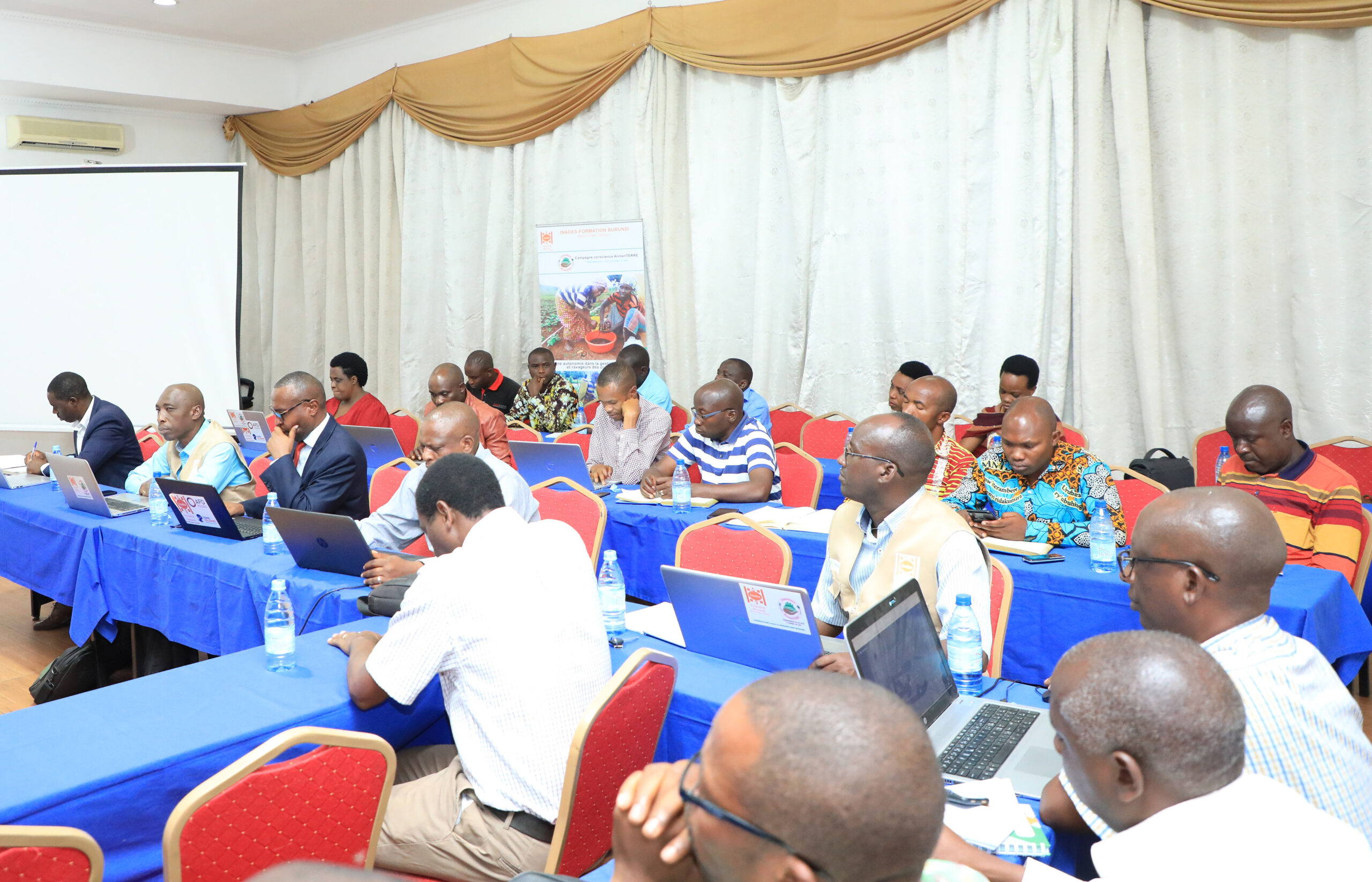
Inades-Formation Burundi took advantage of this opportunity to mobilize the public around its initiatives and the aim of the Conscience AlimenTERRE Campaign, which contributes to the country’s sustainable development.
The Director of Inades-Formation Burundi reiterates his open collaboration with MINEAGRIE and thanks his partners, notably CCFD-Terre Solidaire, Broederljik Delen and CSR ERBER Group through ALBOAN for their financial support.

The Minister’s representative and the participants expressed their satisfaction with the achievements of Inades-Formation Burundi.
Compliance with these technical data sheets on farms in Burundi will reinforce Inades-Formation Burundi’s commitment to promoting agroecological practices that are sensitive to human health and environmental protection, for a healthy and sustainable diet, as promoted by the AlimenTERRE Conscience Campaign.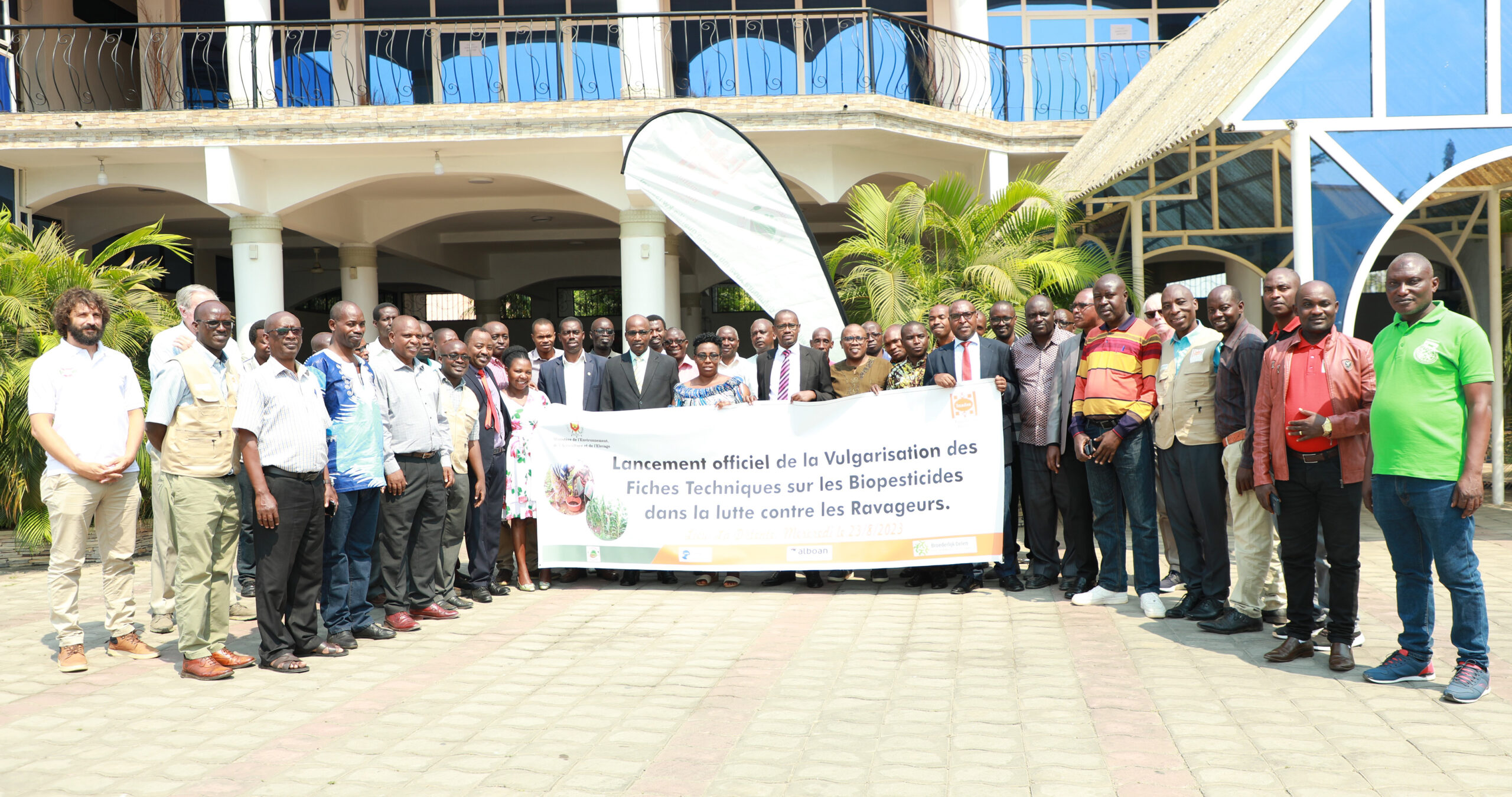
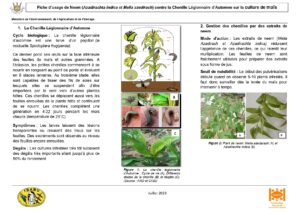
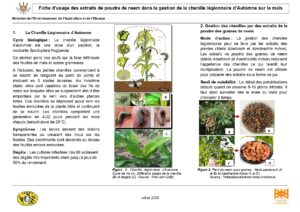
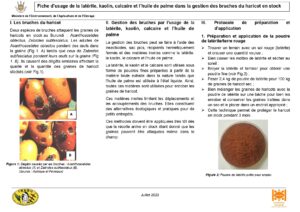
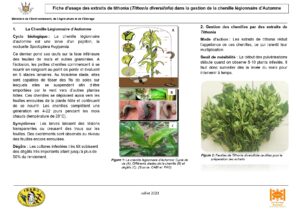
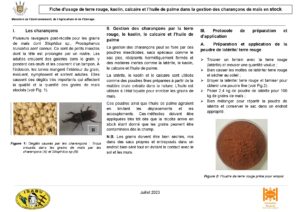
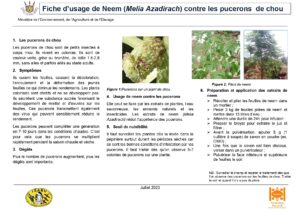
Published by Richard HAVYARIMANA
Advocacy and Communication Officer

